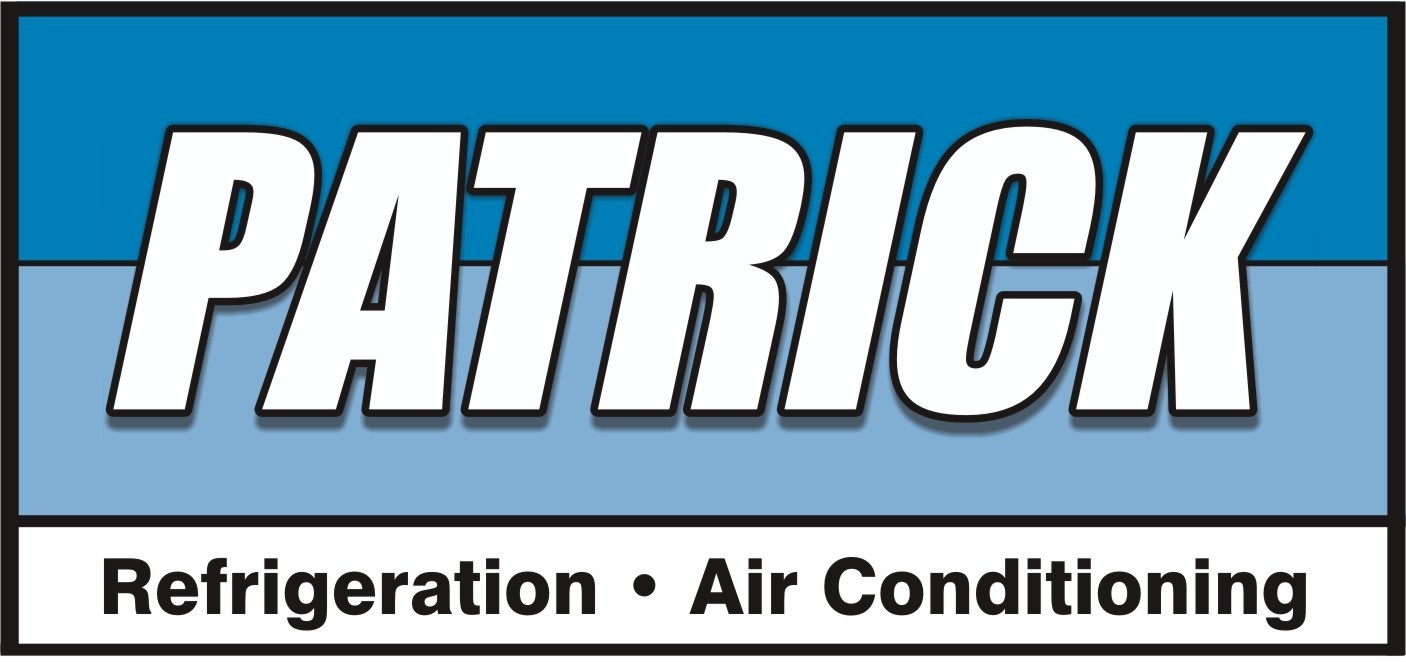As the temperature drops, homeowners turn towards their heating system to maintain a warm and comfortable indoor environment. For those with split systems, there is a common concern regarding their cost-effectiveness for heating purposes. Along with this, people may also wonder – what is the cost to install a split system?
While split systems are known for their efficiency, it is important to know the factors that can impact their heating costs.
To learn more about the split system, air conditioner installation, and the factors that affect the costs, keep reading. Knowing these factors will help you make the most cost-effective choices for your specific needs.
What is a split system?
Split systems, also known as ductless systems, serve a dual purpose of providing both cooling and heating functions. These aircon systems consist of one outdoor unit and one or more indoor units. However, they are more energy efficient than traditional heating and cooling systems. But how do they affect the heating costs? The answer to this question largely depends on the type of split system for heating you use and your heating needs.
Still wondering ‘how much to install a split system?’ Take a look at the below-given factors to learn how they affect the cost of running a split system for heating:
- Energy rating:
Split systems come with an energy efficiency rating, commonly known as the seasonal energy efficiency ratio (SEER) or heating seasonal performance factor (HSPF). The rating measures the system’s efficiency, with a higher rating indicating greater efficiency and lower operating costs. So don’t opt for a affordable split-system air conditioner and focus more on the ratings.
- Size of the system
To ensure optimum efficiency, performance and cost-effectiveness, you should consider the size of the split system. If you opt for a smaller system, it may not be able to heat your home adequately. On the other hand, if you opt for an extra large system, it may end up wasting money. A professional HVAC technician can help you to determine the appropriate size for the most efficient split system based on your needs. They will also help you with the other air conditioning services. In addition, to find the perfect system based on the size, the technician will consider the home’s square footage and insulation.
- Climate
In areas highly subjected to colder and harsher winters, the split systems will have to work harder. This means that the energy consumption will ultimately increase along with the heating costs. On the other hand, in milder climates, homeowners can use the split systems more sparingly, which may result in lower heating costs. Thus, it is essential to consider your specific climate and heating needs when assessing the cost of running a split system for heating. This will also help you to choose the best-split system air conditioners for your home.
However, determining these cannot be done on your own. This is where our experienced HVAC technicians can help you. Through our technician’s experience and knowledge, you will no longer have to worry about optimum efficiency and cost-effectiveness along with the split air conditioner price.
- Frequency of use
The cost is determined by how frequently you use the split system for heating. The more you use the system, the higher will be your heating costs. If you use the system only during the winter season, the cost will be comparatively lower than if you use it throughout the year. Thus, to minimise the cost, use the split system only when needed.
Conclusion
Split systems can provide a cost-effective and energy-efficient heating option. Nevertheless, it is crucial to consider the factors provided above when evaluating the running costs of a split system for heating purposes.
Get in touch with one of our technicians if you want to learn more about the split system cost and installation charges!


